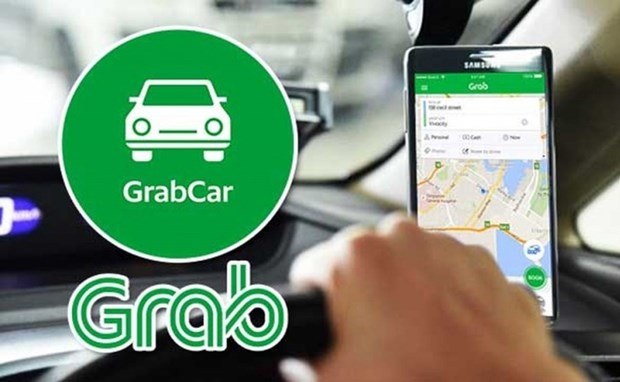Ride-hailing companies defend pricing policies in face of spiralling fuel cost rises
 |
| Ride-hailing companies defend pricing policies in face of spiralling fuel cost rises, Source: Grab |
Receiving a customer from Xuan Dieu street to Quan Thanh street in Hanoi, Grab bike driver Loi Nguyen was not happy at all. When the app received the order, Loi was about 1km from the pick-up location, and the total distance to travel to the final destination required by the customer was nearly 4km.
After being deducted 31.5 per cent of the discount rate, the remaining profit was VND13,000 (56 US cents) and, on average, the driver only receives VND3,000 (13 US cents) per km, including fuel fees.
The small amount of money received after each ride completion is the reason why many drivers are choosing to turn off the app they work for, and are asking the companies to provide solutions to share burdens with the drivers, who are under direct pressure from recent hikes in petrol prices.
Segment leaders such as Grab earlier this month insisted they were bringing the best service to users and partially offsetting operating costs for driver-partners while encouraging them to work actively. Grab was the first tech car company to announce an increase in fees for all services to support drivers in Hanoi and Ho Chi Minh City, while Gojek soon followed suit across its various services.
With hundreds of thousands of rides per day, Grab can make tens of thousands of US dollars on a monthly basis and can enjoy further benefits from the price rise policy as it is not directly affected by the spike in petrol costs.
Tech car companies are completely dominating the market share of passengers, food delivery, and goods delivery. According to Germany’s market and consumer data provider Statista data as the pandemic emerged, the total market share of Grab, Gojek, and Be Group reached nearly 99 per cent.
Despite periods of disruption in services since the start of 2020, most platforms quickly expanded to add other services to ensure consumers became increasingly dependent on them.
“While consumers are bearing a portion of the cost from rising petrol prices, ride-hailing apps need to share success by reducing the discount rate for drivers,” economist Dinh The Hien said.
Along with service fees, customers have to pay various other surcharges including route change fees, night-time fees, and bad weather fees for each ride that Grab, Gojek, and others apply.
However, not all ride-hailers have chosen to increase prices at this time. A Ninja Van representative said that they will encourage drivers by rewarding them with high delivery success rates from April, support phone charges during delivery, and support shipping costs for goods over 10kg.
Meanwhile, Be Group also decided to stabilise prices to support customers. Fees for delivery services, food delivery, and bikes and cars have not increased. Particularly for the Be car service, this application also added a discount of 10 per cent.
“The passenger’s travel fee does not increase, and the car discount can help share the cost with the driver to compensate for the high gas price,” said Nguyen Viet Linh, communications director of Be Group.
What the stars mean:
★ Poor ★ ★ Promising ★★★ Good ★★★★ Very good ★★★★★ Exceptional
Related Contents
Latest News
More News
- GEVA a launchpad for Vietnam’s agricultural exports (January 26, 2026 | 12:03)
- Data-driven risk management signals major shift in customs administration (January 24, 2026 | 11:22)
- Cosmetics rules set for overhaul under draft decree (January 24, 2026 | 11:21)
- Vietnam Airlines seeks aircraft through dry lease (January 22, 2026 | 20:43)
- Policy obstacles being addressed in drug licensing and renewal (January 22, 2026 | 20:17)
- Vietnam’s wood exports surpass $17 billion (January 22, 2026 | 20:15)
- WinMart+ chain accelerates expansion into rural areas (January 22, 2026 | 11:15)
- 14th Party Congress empowers CPV on socialist path: Portuguese newspaper chief (January 22, 2026 | 09:42)
- Health minister highlights comprehensive, people-centred healthcare orientation (January 22, 2026 | 09:39)
- Industry-trade sector aims to turn challenges into opportunities in new era (January 22, 2026 | 09:23)

 Tag:
Tag:



















 Mobile Version
Mobile Version